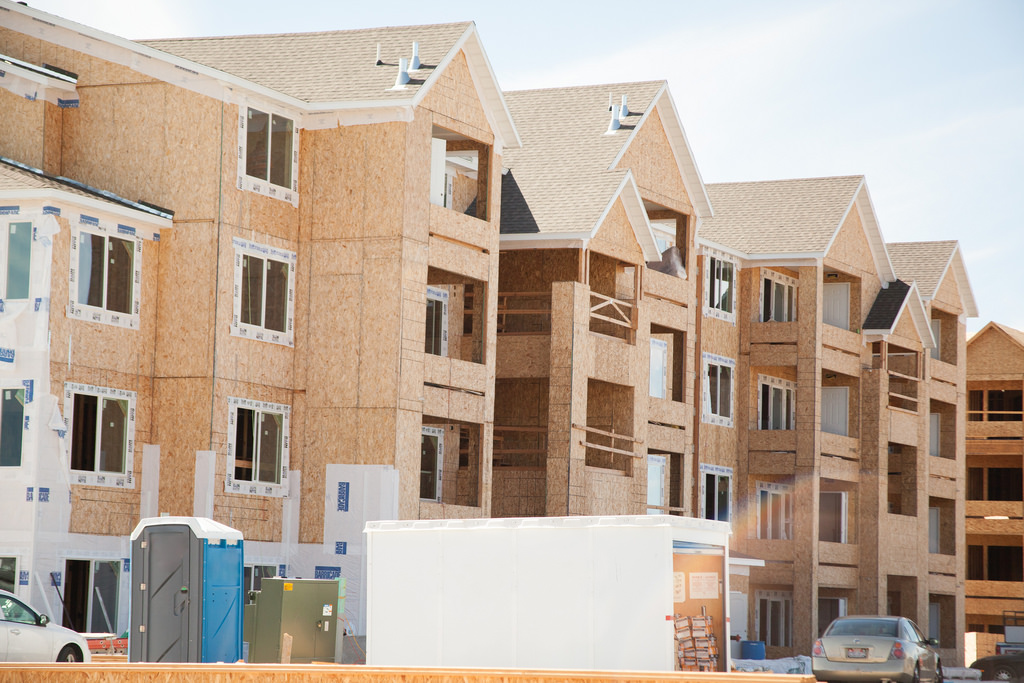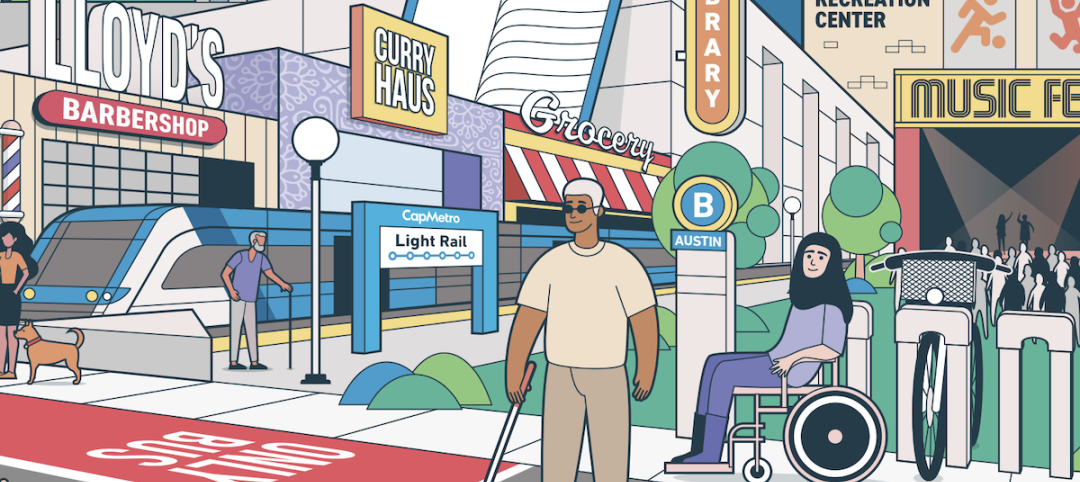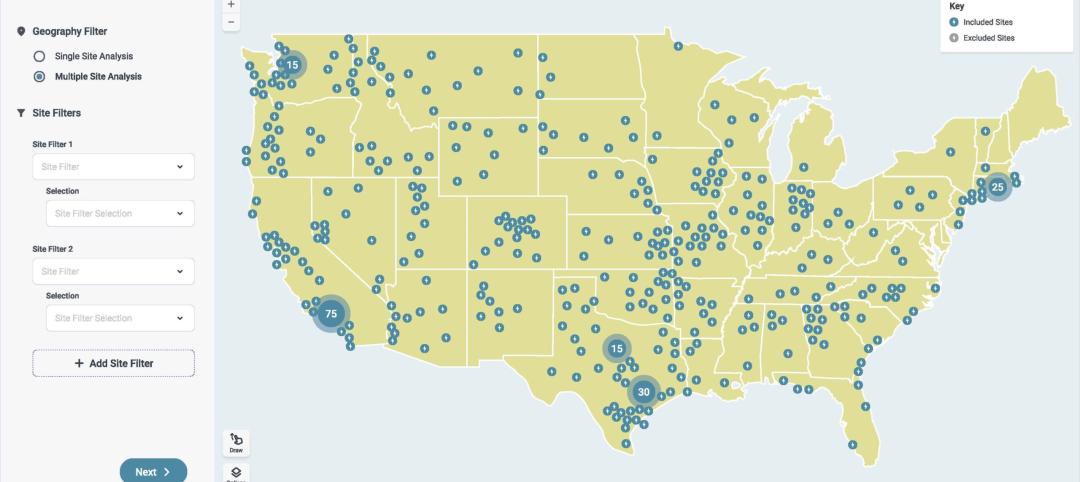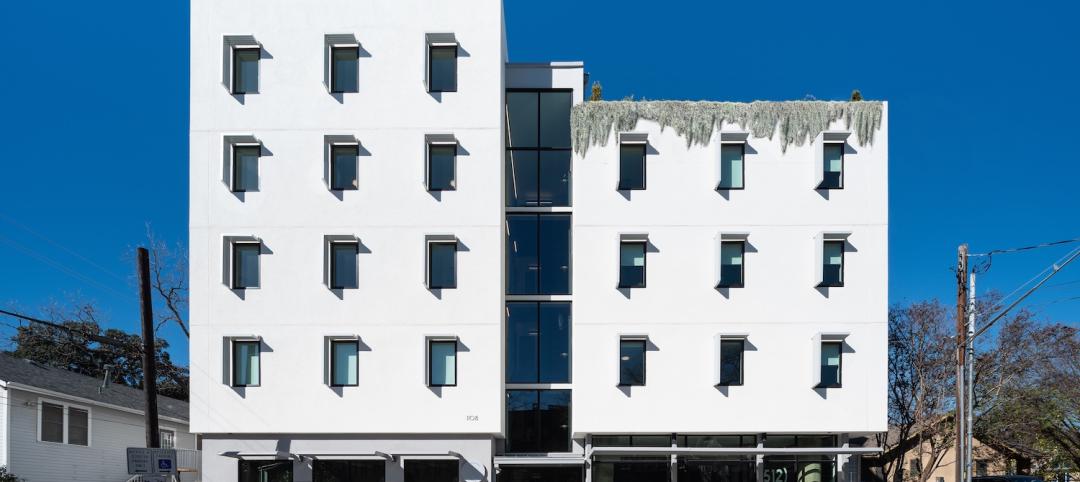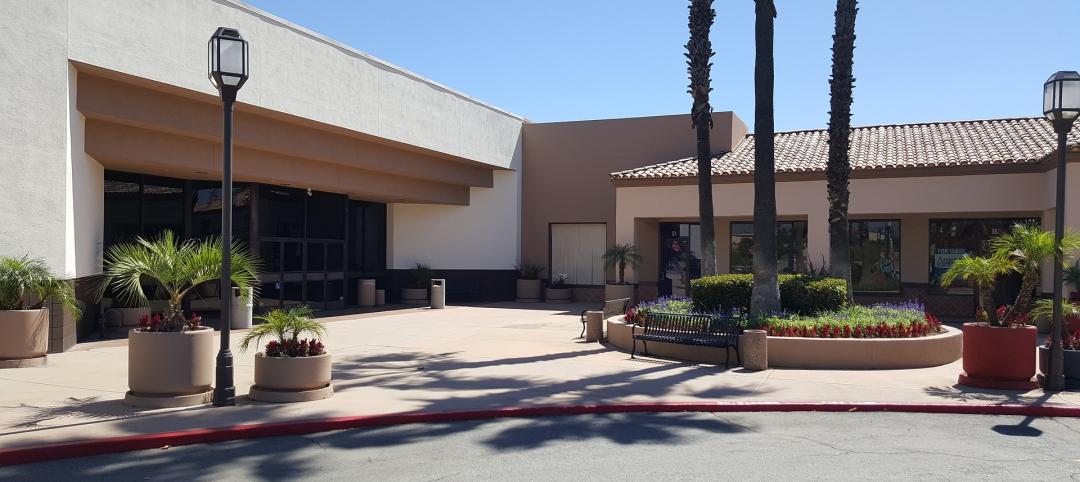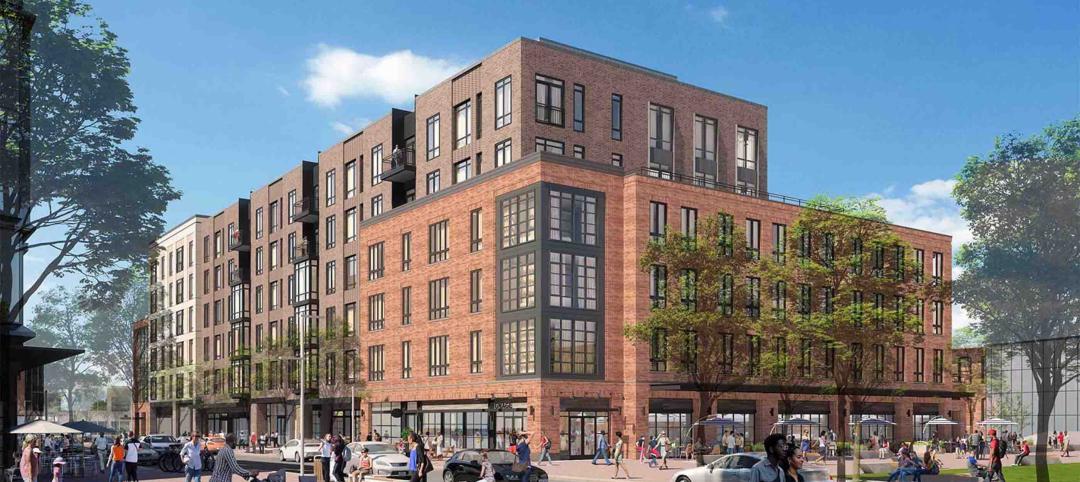Predictions that multifamily housing construction would taper off in 2015 may have underestimated the ongoing demand for this kind of housing, the vast majority of which is being marketed as rentals.
Seasonally adjusted annualized starts for structures with five or more units rose to 476,000 in June, an 18-year high, according to Commerce Department estimates released a few days ago. That number was 28.6% higher than the annualized multifamily starts rate in May, and 55% higher than the comparable number in June 2014.
Perhaps more significant is the fact that multifamily continues to propel most of the housing sector’s current growth. While annualized single-family starts in June, at 685,000 units, were 14.7% ahead of June 2014, they actually declined by 0.9% compared to May 2015.
“The multifamily gains this month are encouraging and show that the millennial generation continues to be drawn to the rental market,” said Tom Woods, a home builder from Blue Springs, Mo., who is chairman of the National Home Builders Association (NAHB).
All told, the year-over-year annualized rate for all starts was up 26.6% in June to 1,174,000 units.
The NAHB/Wells Fargo Housing Market Index, which tracks Builder Confidence levels, hit 60 in July. The Index also revised its June level to 60. The last time this Index got this high was November 2005.
If permit activity is a gauge of future optimism about demand, builders remain solidly behind multifamily. The annualized rate in June for permits issued for structures five or more units was up 79% to 621,000 units, compared to June 2014. Single-family permits, on the other hand, were up 6% to 687,000, according to Commerce’s estimates. All told, annualized new-home building permits jumped 30% to 1,343,000.
The latest annualized data show that 500,000 structures with five or more units were under construction in June, 20.5% more than in June 2014; and 317,000 units were completed, a 17.9% gain.
David Crowe, NAHB’s chief economist, noted that while the starts and Builder Confidence numbers were positive signs, he cautioned that builders “still face a number of challenges, including shortages of lots and labor.”
Related Stories
Transit Facilities | Dec 4, 2023
6 guideposts for cities to create equitable transit-oriented developments
Austin, Texas, has developed an ETOD Policy Toolkit Study to make transit-oriented developments more equitable for current and future residents and businesses.
Multifamily Housing | Nov 30, 2023
A lasting housing impact: Gen-Z redefines multifamily living
Nathan Casteel, Design Leader, DLR Group, details what sets an apartment community apart for younger generations.
Products and Materials | Nov 30, 2023
Top building products for November 2023
BD+C Editors break down 15 of the top building products this month, from horizontal sliding windows to discreet indoor air infusers.
Engineers | Nov 27, 2023
Kimley-Horn eliminates the guesswork of electric vehicle charger site selection
Private businesses and governments can now choose their new electric vehicle (EV) charger locations with data-driven precision. Kimley-Horn, the national engineering, planning, and design consulting firm, today launched TREDLite EV, a cloud-based tool that helps organizations develop and optimize their EV charger deployment strategies based on the organization’s unique priorities.
MFPRO+ Blog | Nov 27, 2023
7 ways multifamily designers can promote wellness in urban communities
Shepley Bulfinch's Natalie Shutt-Banks, AIA, identifies design elements that multifamily developers can use to maximize space while creating a positive impact on residents and the planet
MFPRO+ New Projects | Nov 21, 2023
An 'eco-obsessed' multifamily housing project takes advantage of downtown Austin’s small lots
In downtown Austin, Tex., architecture firm McKinney York says it built Capitol Quarters to be “eco-obsessed, not just eco-minded.” With airtight walls, better insulation, and super-efficient VRF (variable refrigerant flow) systems, Capitol Quarters uses 30% less energy than other living spaces in Austin, according to a statement from McKinney York.
MFPRO+ News | Nov 21, 2023
California building electrification laws could prompt more evictions and rent increases
California laws requiring apartment owners to ditch appliances that use fossil fuels could prompt more evictions and rent increases in the state, according to a report from the nonprofit Strategic Actions for a Just Economy. The law could spur more evictions if landlords undertake major renovations to comply with the electrification rule.
MFPRO+ News | Nov 21, 2023
Underused strip malls offer great potential for conversions to residential use
Replacing moribund strip malls with multifamily housing could make a notable dent in the housing shortage and revitalize under-used properties across the country, according to a report from housing nonprofit Enterprise Community Partners.
MFPRO+ News | Nov 21, 2023
Renters value amenities that support a mobile, connected lifestyle
Multifamily renters prioritize features and amenities that reflect a mobile, connected lifestyle, according to the National Multifamily Housing Council (NMHC) and Grace Hill 2024 Renter Preferences Survey.
Sustainability | Nov 20, 2023
8 strategies for multifamily passive house design projects
Stantec's Brett Lambert, Principal of Architecture and Passive House Certified Consultant, uses the Northland Newton Development project to guide designers with eight tips for designing multifamily passive house projects.


